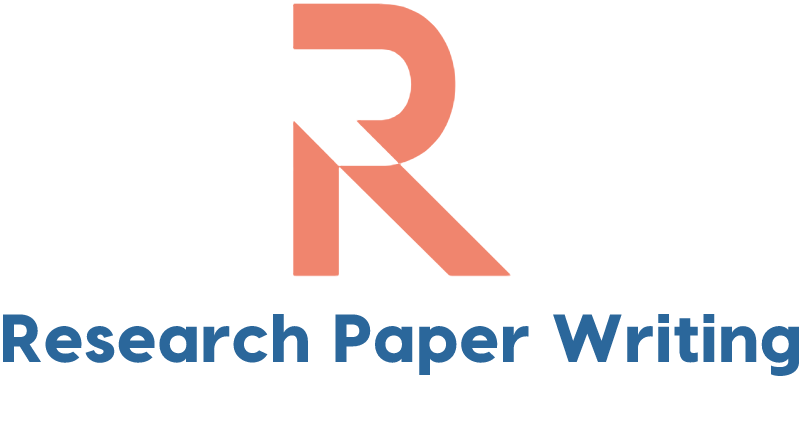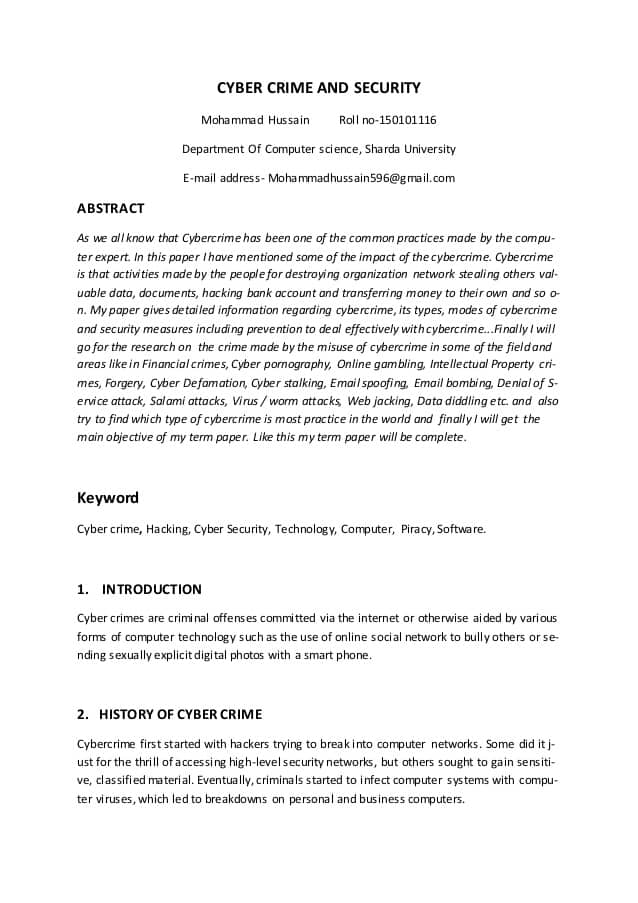The most important thing to remember when writing an abstract is not to include anything that isn’t directly related to the study. It is important to explain what you’ve studied and why the results are significant. However, the abstract shouldn’t take up too much space. There’s a fine line between stating your theory and presenting the results. In this article, we’ll go over some tips to write an effective abstract.
Ensure that your abstract is descriptive and informative
A good research paper contains an informative abstract. This is a short summary of the whole paper, which summarizes thousands of words in the main text. Rather than introducing new terms, abstracts are structured to answer four questions:
While an abstract does not necessarily need to be a summary of the full paper, it should contain an overview of the work. It must be written in the past tense, even if the research was conducted on a fictional project. A descriptive abstract should describe the general findings and the goal of the study, whereas an informative abstract may skip past tense altogether. Lastly, an abstract should support the arguments presented in the paper.
The following are some rules that will help you write an abstract for a research paper. First, it is important to keep in mind that most readers will skim the abstract and take the conclusions at face value. Secondly, an abstract usually has a word limit, and it is often difficult to fit everything into 250 words. In order to ensure that the abstract conveys all the necessary information, it is best to make a checklist before beginning writing.
Avoid referencing anything outside of your study in the abstract
The abstract of a research paper should focus on the significance of your study, how it impacts your field, and how it can advance knowledge. You can also state the problem you are trying to solve. To avoid referencing anything outside of your study, make sure you define the scope of your study. You can state whether the study is general or specific, or make a central claim.
An abstract of a research paper should be between 250 and 500 words. To avoid being wordy, it is essential to keep the language simple and direct. It should not include prepositional phrasing, active voice, or a lot of information. A good abstract should answer the following questions: contextualize the topic, state the thesis/argument, and primary source material. It should also explain why the topic is important.
Avoid referencing anything outside of your study in the methods section
The literature review section of a research paper is the best place to cite the sources you used for your research. Include the citations for all sources that influenced the choice of your method. For example, if you used a survey to test a hypothesis, include the citations for works that inspired your survey. This section is the most important part of your paper.
When writing the methods section of your research paper, it is important to maintain a professional tone and avoid colloquial language. When referring to participants, use respectful words and phrases. For example, “participants” sounds more appropriate than “subjects.” For research on cancer patients, the preferred term is “patients with cancer.”
Avoid referencing anything outside of your study in the conclusions section
One of the most common mistakes students make when writing their conclusions is referring to something outside of their study. While it is OK to speculate, you should try to avoid straying too far from the actual data. In addition, avoiding language that implies causality is crucial, especially if your conclusions are relational. Sharon Foster and John Cone suggest that authors replace such words with relational ones.
Citations must be accurate and appropriate. It is not appropriate to cite sources that are outside of your study. Cite only well-known works and avoid referencing anything outside of your study. References should not contain tables, figures, sources, or long quotations. In the body of the paper, you will have plenty of time to discuss these references. For example, avoid using citations from your own work or those of other people, including family members, friends, and co-workers.

